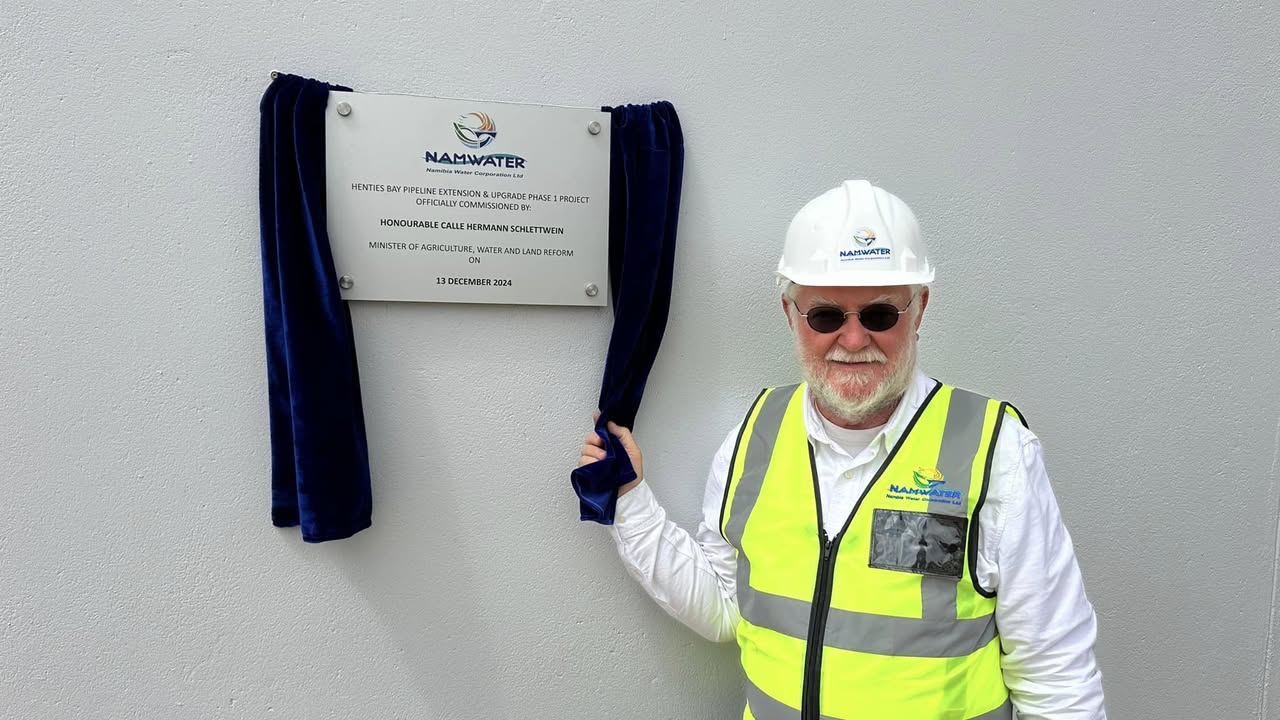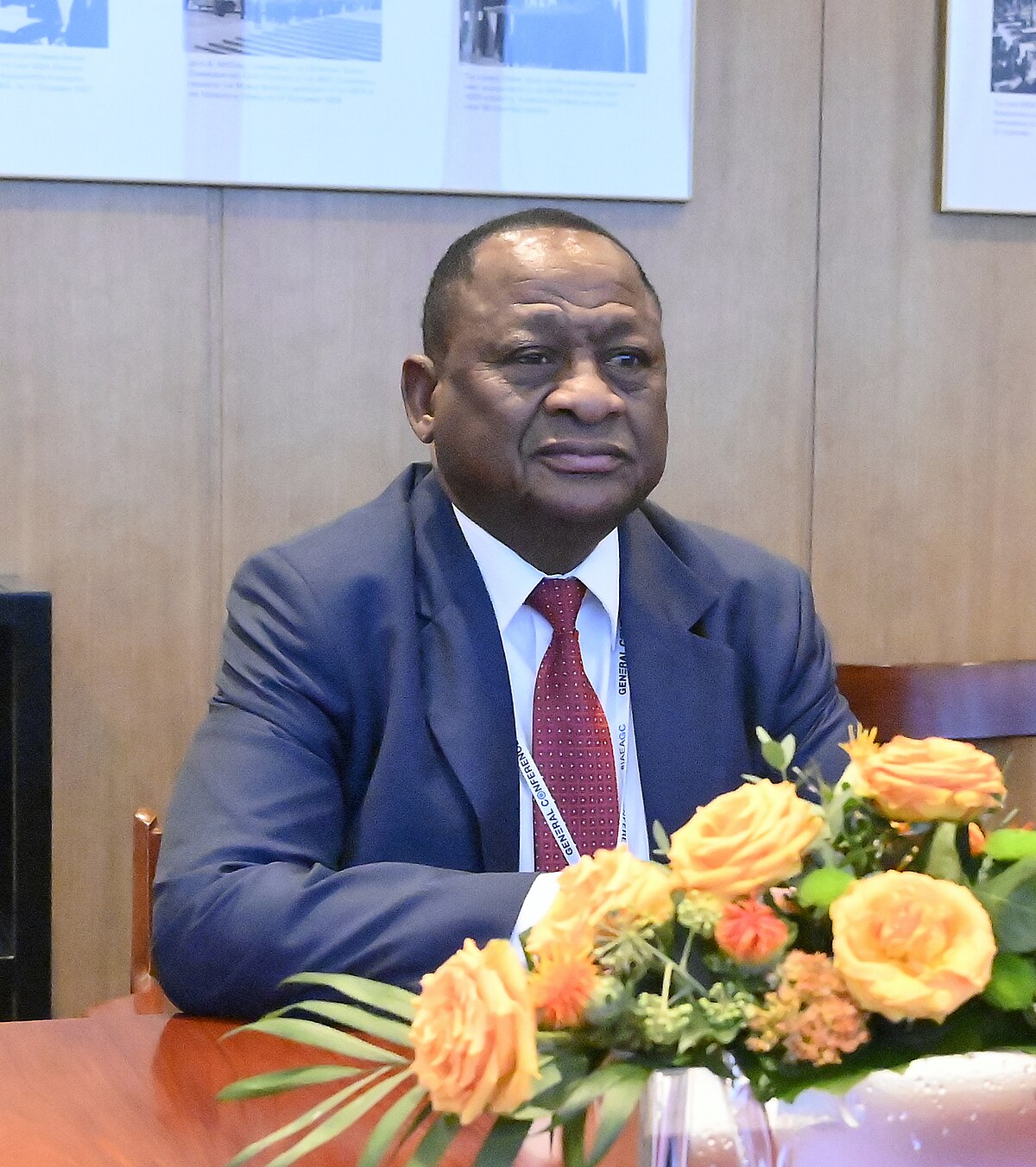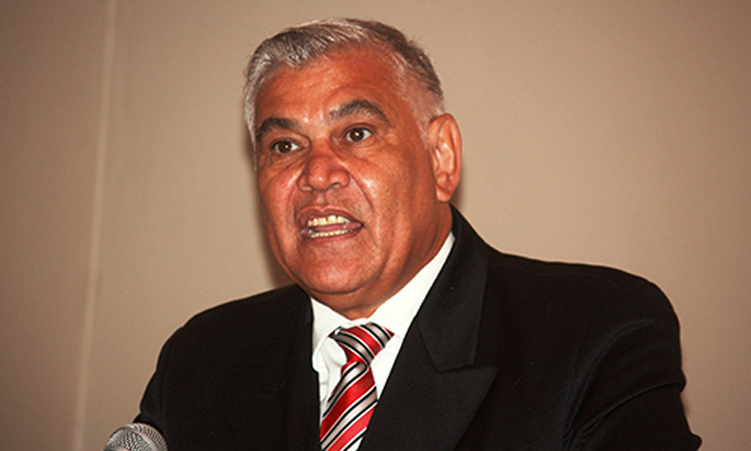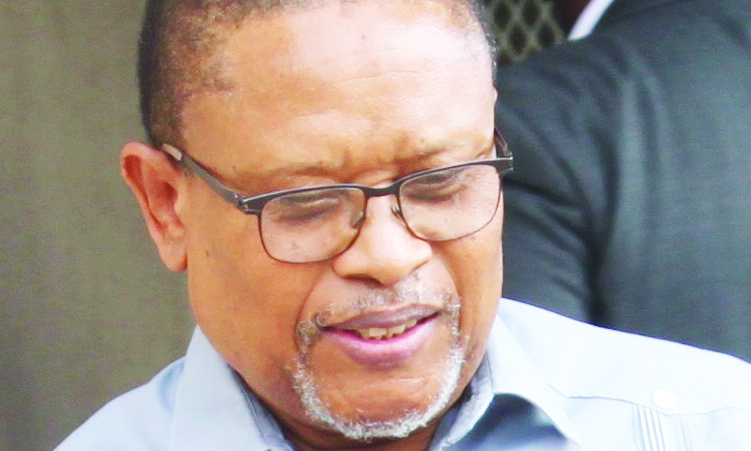LUSAKA – Zambia’s Copperbelt Energy Company (CEC) will spend US$60 million to increase power supply to the African nation’s copper mines by 40 per cent and plans to list on the Lusaka bourse, a senior executive said yesterday.
Hanson Sindowe, the executive chairman of CEC, told Reuters that the firm was upgrading its power distribution equipment and machinery, which was over 50 years old, to maintain supply to the copper and cobalt mines in the southern Africa nation. “We will spend US$60 million between 2007 and 2010 to upgrade our system because of rising demand of electricity from the copper mines,” Sindowe said in an interview.He noted that power demand was rising after the opening of new mines in Zambia’s Copper Belt and northwestern provinces.”Our total power supply capacity is 550 megawatts and this will go up by 40 per cent in the next two to three years,” he added.Major new mining projects include the Konkola Deep Copper Mine Project (KDMP) and the Lumwana copper mine, which plans to start producing 165 000 tonnes of copper starting in 2008.The KDMP, which is part of the Konkola Copper Mines (KCM) and is also expected to come on stream in 2008, will raise KCM’s total annual output to more than 500 000 tonnes per year from the 2007 target of 200 000 tonnes of finished copper.Sindowe said a new power sub-station would be built for KDMP, which will become the largest copper mine in the nation of 11,5 million people.Part of CEC’s upgrade-related investment will be used to modernise power lines that connect Zambia and the mineral-rich Democratic Republic of Congo (DRC).CEC operates a 800 km powerline that supplies electricity to copper mines and acts as a reserve line for Zambia to import power from the Congo during a crisis.The firm purchases electricity from state power utility Zesco.Sindowe said the CEC also planned to float 20 per cent of its shares on the Lusaka Stock Exchange and award a five-per cent stake to its employees through a separate share ownership programme and a one-per cent stake to a community trust.CEC, which plans to expand its 320-person workforce, has applied to the Securities Exchange Control (SEC) and the LuSE to list 20 per cent of its shares on the bourse by August, he said.Nampa-Reuters”We will spend US$60 million between 2007 and 2010 to upgrade our system because of rising demand of electricity from the copper mines,” Sindowe said in an interview.He noted that power demand was rising after the opening of new mines in Zambia’s Copper Belt and northwestern provinces.”Our total power supply capacity is 550 megawatts and this will go up by 40 per cent in the next two to three years,” he added.Major new mining projects include the Konkola Deep Copper Mine Project (KDMP) and the Lumwana copper mine, which plans to start producing 165 000 tonnes of copper starting in 2008.The KDMP, which is part of the Konkola Copper Mines (KCM) and is also expected to come on stream in 2008, will raise KCM’s total annual output to more than 500 000 tonnes per year from the 2007 target of 200 000 tonnes of finished copper.Sindowe said a new power sub-station would be built for KDMP, which will become the largest copper mine in the nation of 11,5 million people.Part of CEC’s upgrade-related investment will be used to modernise power lines that connect Zambia and the mineral-rich Democratic Republic of Congo (DRC).CEC operates a 800 km powerline that supplies electricity to copper mines and acts as a reserve line for Zambia to import power from the Congo during a crisis.The firm purchases electricity from state power utility Zesco.Sindowe said the CEC also planned to float 20 per cent of its shares on the Lusaka Stock Exchange and award a five-per cent stake to its employees through a separate share ownership programme and a one-per cent stake to a community trust.CEC, which plans to expand its 320-person workforce, has applied to the Securities Exchange Control (SEC) and the LuSE to list 20 per cent of its shares on the bourse by August, he said.Nampa-Reuters
Stay informed with The Namibian – your source for credible journalism. Get in-depth reporting and opinions for
only N$85 a month. Invest in journalism, invest in democracy –
Subscribe Now!






